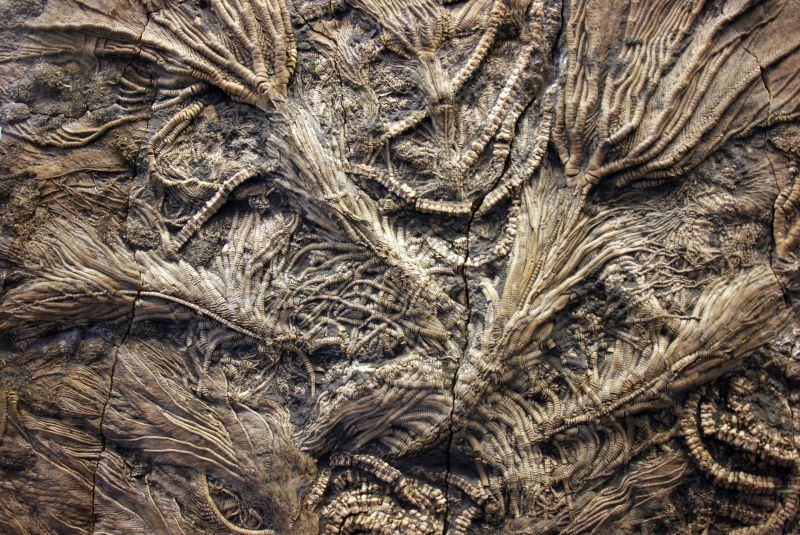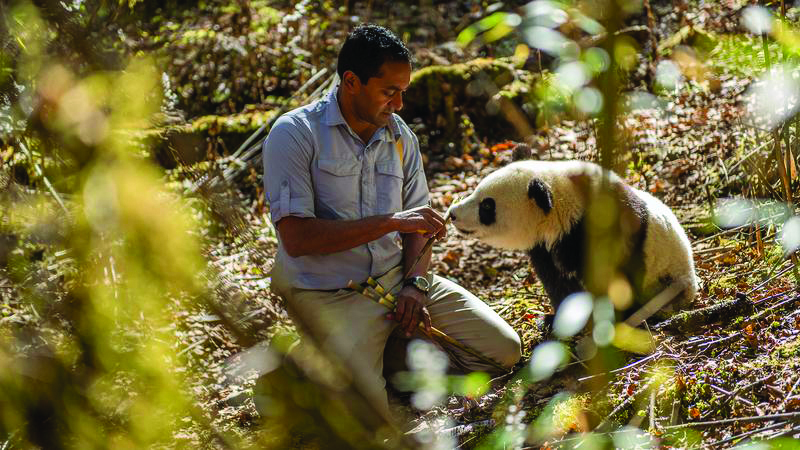Undergraduate Profile: Kristo Ment ’17
Yale junior Kristo Ment is making waves, literally. As we sat down for an interview, he drew the arc of a light wave with his
Yale junior Kristo Ment is making waves, literally. As we sat down for an interview, he drew the arc of a light wave with his

Are we living in a sixth mass extinction? Maybe not. But we might be able to define modern ecological crises by looking at fossil records and how rare species are today, according to researchers at Yale, Vanderbilt, and the Smithsonian Institution.

By recording the brain signals of one person in India with a computer system, converting them into electrical brain stimulations, and relaying them to recipients in France, one research team developed a noninvasive method of brain-to-brain communication.

A new documentary series from National Geographic and Passion Planet attempts to inspire a deeper affinity between viewers and wildlife, but is beset by contrived drama.
Turning over is neither easy nor trivial for a belly-up tortoise — lying flipped over on its shell makes the reptile vulnerable to predation, among other hazards. According to a new study conducted at the University of Belgrade, certain types of tortoises may have an advantage in this situation depending on the geometry and size of their shells. In addition, researchers have investigated the evolutionary trade-offs of these ideal shell shapes.
Movies have the ability to synchronize activity in viewers’ brains, especially when the film contains many cinematic effects.
Many people wish they had the memory of fictional detective Cam Jansen, who can remember scenes so vividly and so accurately, it is as if she is looking at a photograph. As amazing as this ability is in helping Cam Jansen solve mysteries, evidence suggests that it is not possible in real life.